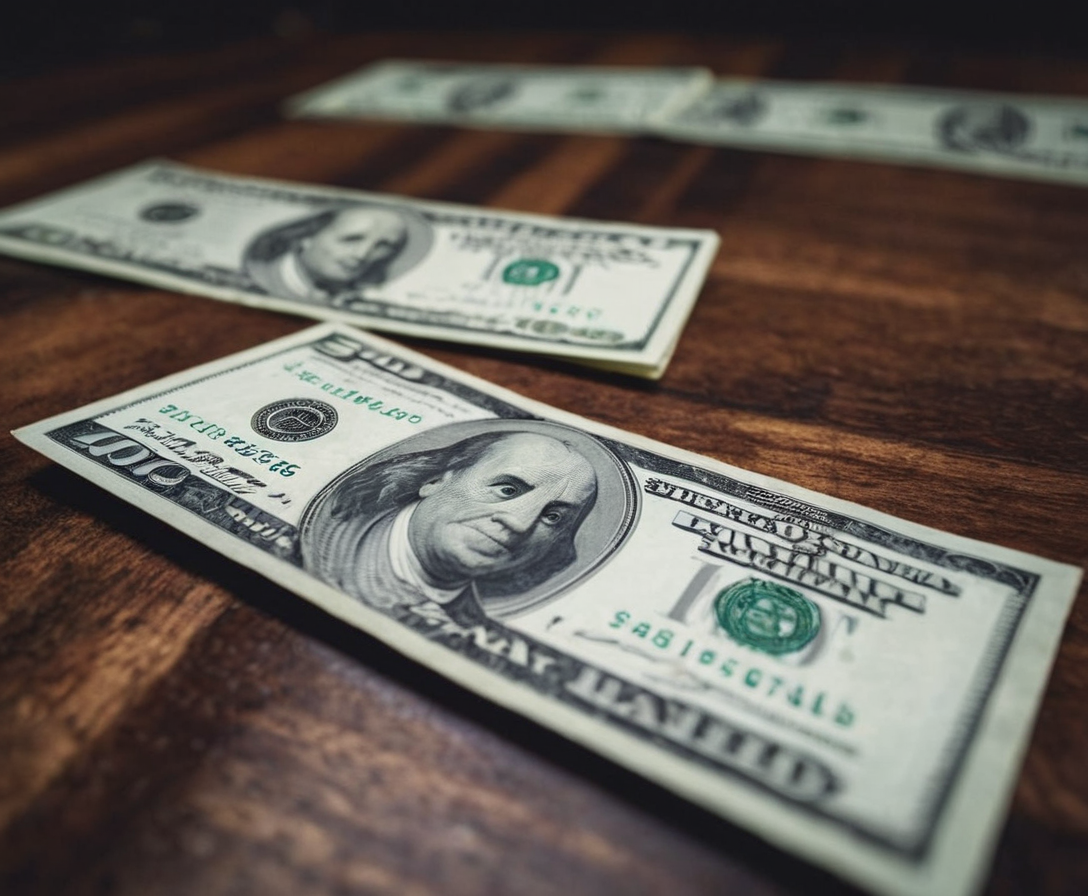Are you concerned about the safety of your savings during these unpredictable economic times?
only facts:
Geopolitical Instability: Wars, political conflicts, and international tensions can greatly affect the global economy.
Worsening Trade Conditions: A decrease in international trade volumes or the introduction of trade barriers can foreshadow economic problems.
Increase in Government Debt: A high level of government debt can lead to financial problems and limit the government’s ability to respond to a crisis.
Do You have any Plan?
During economic crises in the United States, certain assets and savings can be more prone to devaluation than others.
The main categories of assets that often suffer the most include:
Stocks: Stock markets are typically very sensitive to economic crises, and share prices can significantly decline.
Currency Assets: Currencies, especially those considered less stable or linked to economies undergoing crises, can depreciate.
Real Estate: The real estate market can suffer from reduced demand and prices, especially if the crisis is accompanied by financial difficulties among the population.Commercial Assets: Businesses in certain sectors, particularly those most sensitive to economic cycles, can be severely impacted.
Commodities and Resources: Prices of commodities like oil and metals can fall due to reduced global demand.
Corporate Bonds: During a crisis, the risk of default on corporate debt obligations increases, reducing their value.
High-Risk Investments: Investments in startups, venture capital, or investments in high-yield (but high-risk) financial
instruments can suffer the most.
However, it should be noted that the degree of devaluation depends on many factors, including the specifics of the crisis,the duration of the crisis period, and the responses of governments and central banks. Additionally, some assets, such as gold or U.S. government bonds, are traditionally considered “safe havens” and may retain their value or even increase in price during crises.
What are the Forecasts?
Economic forecasts depend on many variables and can change rapidly in response to current events. Here are some key factors that economists and analysts usually consider:
Here are some key factors that economists and analysts usually consider:
- Global Political and Economic Instability: Tensions in international relations, wars, and geopolitical conflicts can play a significant role in economic forecasting.
- Inflation and Monetary Policy: High levels of inflation, as well as the actions of central banks in controlling inflation through interest rate changes, can significantly impact economic stability.
- Pandemic Aftereffects: The world is still adapting to the consequences of the COVID-19 pandemic, and its impact on the global economy continues to be a factor of uncertainty.
- Financial Markets: Instability in financial markets, including stocks, bonds, and other investment instruments, can be a harbinger of economic problems.
- Technological and Environmental Changes: Advances in technology, climate change, and related economic transformations can also affect economic stability.
It should be remembered that economic forecasts are often based on current data and trends, and they can quickly change in response to new events or information. Experts use various models and analytical approaches to assess the likelihood of future economic events, but such forecasts always contain a degree of uncertainty.
Can Buy Gold?
Purchasing gold as a means of protecting savings is a popular strategy among investors, and it can be a good idea depending on your financial goals and market conditions. Here are some aspects to consider when thinking about gold as an investment:
